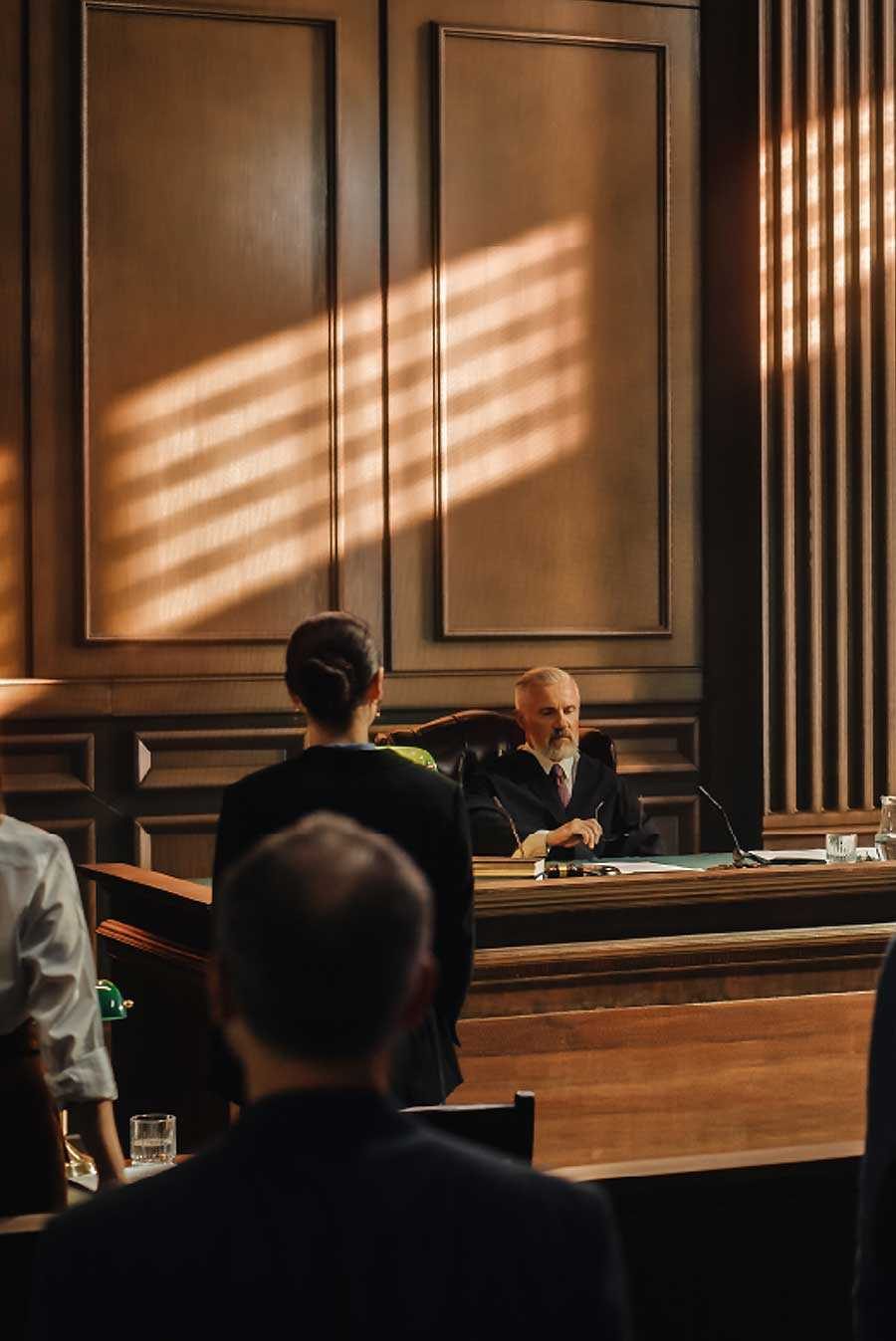Being arrested can be a stressful and intimidating experience. Understanding your rights and the proper procedures that police must follow is very important. This knowledge can empower you to navigate this challenging situation more effectively. The team of criminal defence lawyers in Adelaide at Williams Legal believes it necessary to inform South Australians about their rights after arrest and what steps they should take to protect themselves.
Your Rights During an Arrest
In South Australia, as in the rest of Australia, the law provides several protections to ensure that your rights are upheld during and after an arrest. Here are some key rights you should be aware of:
Right to Silence
One of your most fundamental rights is the right to remain silent. This right is a powerful tool to prevent self-incrimination. You have the right to remain silent whether you have been stopped on the street, voluntarily gone to the police station, or are under arrest. You do not have to answer questions or provide statements to the police beyond giving your name, date of birth and address. Exercising this right is important because anything you say can be used against you in Court. Remember, you are not obligated to explain your situation to the police without legal representation.
Right to Legal Representation
You have the right to consult with a lawyer, and you should ask to speak to a lawyer as soon as possible after being arrested. If you cannot afford a lawyer, you have the right to access legal aid services. Legal representation is not just a right but also a source of reassurance and support to protect your rights and ensure you receive advice tailored to your situation.
Right to be Informed of the Charges
It is your legal right for the police to inform you of the charges against you at the time you are arrested. They must clearly explain the reasons for your arrest and the offence they believe you have committed.

Right to a Phone Call
After being arrested, you will be taken to the police station. During this time, you have the right to make a phone call to inform someone of your situation, such as a family member, a friend, or your lawyer. This phone call is made in the presence of a police officer. Making this call ensures that someone outside the police station knows your whereabouts and can take necessary actions on your behalf. At the station, you will be provided the opportunity to apply for Bail to a Police Officer that is a rank of Sergeant or higher. If you do not apply for bail, or the Police deny bail, you will be taken to Court and provided the opportunity to apply for Bail before a Magistrate.
Police Procedures During and After an Arrest
Understanding the proper procedures that Police must adhere to, during and after an arrest, is essential in protecting and upholding your rights. These procedures include:
Use of Force
The police are permitted to use only reasonable force when making an arrest. "Reasonable force" stipulates that police can use an adequate amount of force to detain you, but they are not allowed to use excessive or unnecessary force. If you suspect excessive force was used during your arrest, you must document the incident and promptly notify your criminal lawyer in Adelaide.
Search Procedures
The police have the right to search you and your belongings if they have reasonable grounds to believe you are in possession of something illegal or evidence related to the offence for which you have been arrested. However, this search must be conducted respectfully and lawfully. The police also have the authority to seize any items that are reasonably suspected of being unlawfully obtained or are related to the commission of a crime. They should also explain why the search is being performed and what they are looking for while conducting the search.

Remember, if you are arrested, the police have the authority to take your phone if it is on you. However, there are legal protections in place regarding how they can access the information on your phone. Legally, police cannot force you to unlock your phone or provide any passwords or pin codes. This stands as a key aspect of your privacy rights. If officers request your phone's passcode or ask you to unlock it, you have the right to refuse. In such situations, it is best to seek legal advice to protect your rights because handling the situation legally and calmly is in your best interest.
What to Do Following an Arrest
Your actions after being arrested can greatly impact your legal situation and the efficiency of the legal process. Therefore, you should know what to do that will benefit you during this challenging experience:
Cooperate Without Self-Incrimination
While you should cooperate with the police to avoid escalating the situation, remember your right to remain silent. Inform the officers that you wish to exercise this right and only answer questions once you have spoken with your lawyer. Cooperating does not mean waiving your rights; it simply helps to keep the situation calm.
Seek Legal Advice Immediately
Contact a criminal defence lawyer in Adelaide as soon as possible. A criminal lawyer can provide specific advice tailored to your situation and ensure your rights are protected throughout the legal process. Legal advice is essential at every stage, from the initial arrest to any court proceedings that may follow.
For 24 hr assistance call 08 8451 9040
What Not to Do After an Arrest
It is important to be aware that certain actions will negatively impact your situation or make it worse. Ensuring you are aware of these actions, and refraining from engaging in them, can help your case:
Do Not Resist Arrest
Resisting arrest can lead to additional charges and complicate your legal situation. Even if you believe the arrest is unjust, it's best to comply peacefully and address the issue through legal channels later. Resisting can also result in physical harm to yourself or others.
Do Not Provide False Information
Providing false information to the police can result in further criminal charges. Always provide your correct name, date of birth and address but avoid answering other questions without legal advice. Honesty about your identity is required, but silence on other matters is your right.
Do Not Sign Anything Without a Lawyer
Only sign documents or make statements after consulting your lawyer first. You may inadvertently waive your rights or admit to something you did not do. Your lawyer will review documents before you sign to protect your rights.
Understanding Your Legal Rights in Detail
Knowing your legal rights, and the broader legal framework in South Australia, will also be helpful beyond the arrest and with any charges against you. Here are some additional points to consider:
Bail and Detention
After an arrest, you will be held in police custody. In some cases, you may be eligible for bail, which allows you to be released from custody while awaiting your court date. Bail conditions vary, and it's vital to adhere to them strictly. Your criminal defence lawyer can help you apply for bail and explain the attached conditions.
Court Proceedings
If the police have granted you bail you will usually have to come to court for the first time a few weeks later. If the police do not grant bail, you will be brought to the court by police for your first court appearance, (often referred to as a hearing). It is at this point that you can apply to a Magistrate to release you on bail. The legal process can be complex, so having a criminal defence lawyer in Adelaide to represent you is necessary because they will guide you through each step, from the initial hearing to the trial, ensuring you understand your rights and options at every stage.

Complaints Against Police
If you feel that your rights were violated during your arrest, you have the right to file a complaint against the police. You can do this by contacting the Office for Public Integrity South Australia or the Independent Commissioner Against Corruption (ICAC). It's important to seek legal assistance to appropriately document and submit your complaint. Your criminal defence lawyer can guide you through the process and help you protect your rights.
Understanding your rights and the proper procedure during an arrest is crucial for protecting yourself and ensuring a fair legal process. Stay informed and prepared to ensure your rights are respected and upheld in any law enforcement situation. This knowledge not only empowers you but also helps maintain the integrity of the legal system by holding authorities accountable.
Williams Criminal Defence Lawyers in Adelaide can help
If you or someone you know is arrested, remember to exercise the right to remain silent and seek legal advice. By taking these steps, you can better navigate the legal system and protect your rights. For more information or legal assistance, contact our team of criminal defence lawyers at Williams Legal.
